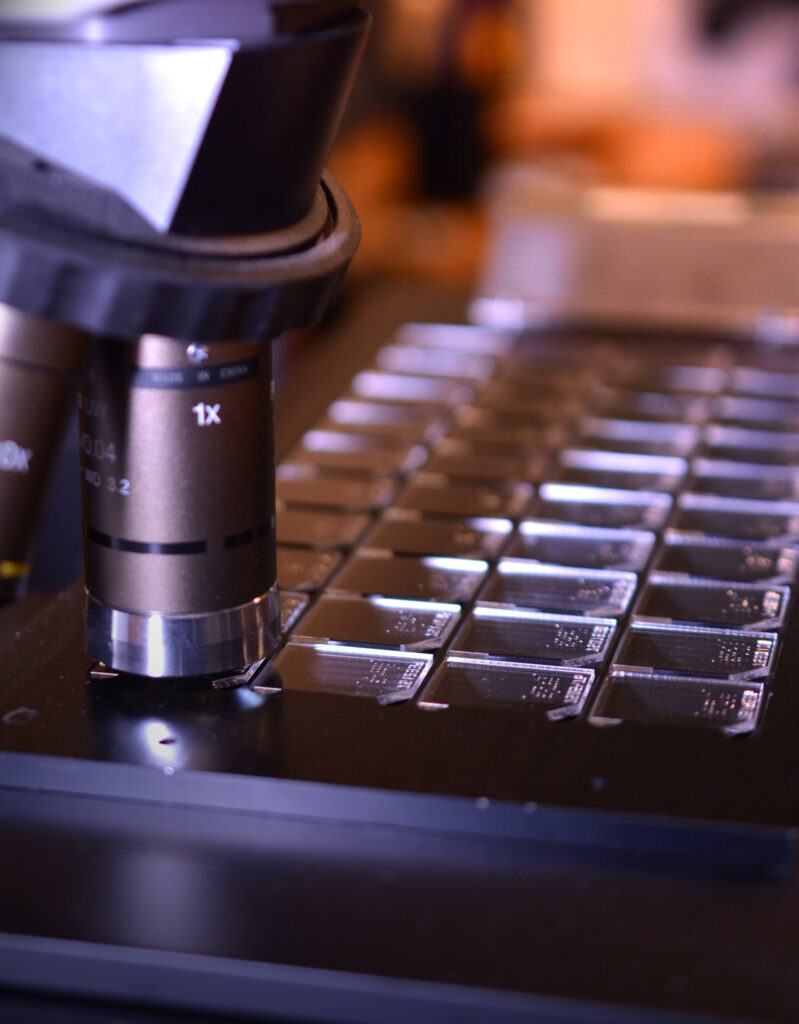AN EXCLUSIVE private school has been fined £50,000 by The Health and Safety Executive, after exposing its pupils and staff to high amounts of radon gas.
The radioactive gas in Kingswood School in Bath, Somseret, was detected as being almost eight times the legal limit.
The HSE have successfully prosecuted the private boarding school for failing to protect staff and pupils from exposure to radon.
The naturally occurring radioactive gas has been proven to cause lung cancer, being the second highest cause of the illness in the UK.

An HSE investigation found that the school was aware they had an issue with high levels of radon in some of their buildings in 2007 and carried out some remedial works at that stage to reduce concentrations.
Between 2010 and 2018 however, the school carried out no further monitoring or checks on the control measures, and this only came to light following intervention from HSE in 2018.
HSE reports that five pupils at the school were exposed to levels of radon almost eight times the legal limit and two other children, who were not pupils at the school, were exposed to levels of radon almost 14 times the legal limit.
Two employees at the school were also exposed to high levels of radon during the period in question.
The school has been fined £50,000 and was ordered to pay £19,222 costs.
This landmark case was the first time an employer has been prosecuted for radon-related infringements in the UK.
This case was particularly alarming as children were involved, and radon is particularly damaging to children due to their organs still developing.
Rapidly growing tissues and cells are very vulnerable to DNA damage from radiation exposure, as their DNA is being replicated.
Radon is a hazard in many homes and workplaces and breathing in radon results in over 1,000 fatal cancers per year in the UK.
Radon is a colourless, odourless, radioactive gas that occurs in rocks and soils, some building materials and water.
The ground is the most important source of radon, as it can seep out and build up in houses and indoor workplaces like schools.
HSE Principal Specialist Inspector (Radiation) Stewart Robertson, said: “We will not hesitate to take action against companies, including schools, who do not do all that they should to keep people safe.
“Every workplace needs to consider radon as a risk to its employees and others”.
The UK Radon Association (UKRA) welcomes this move and hopes that the case will lead to an improved awareness of radon and the need to properly assess the risks.
Dr. Maria Dugdale, the Chair of UKRA, expressed deep concern over the historic absence of essential processes to safeguard the health of both staff and children at this school, but added that the school had clearly made significant effort to rectify this in recent years.
She commented: “We believe that this situation may be replicated up and down the country, not only in schools but across all industries as many employers remain unaware of their responsibilities regarding radon.
“Radon causes over 1100 deaths from lung cancer each year in the UK yet these are avoidable.”
Dr Dugdale continued: “As an industry, we remain committed to promoting awareness of radon and our members provide reliable testing services and effective mitigation systems to minimise the risks from radon.
“This unfortunate event serves as a stark reminder of the importance of taking proactive steps against radon and the necessity for collaboration between employers and radon professionals to maintain safe indoor environments for all occupants, especially children.”
